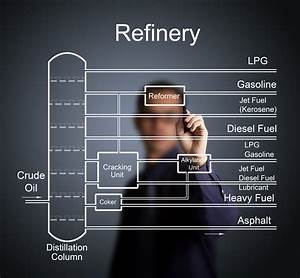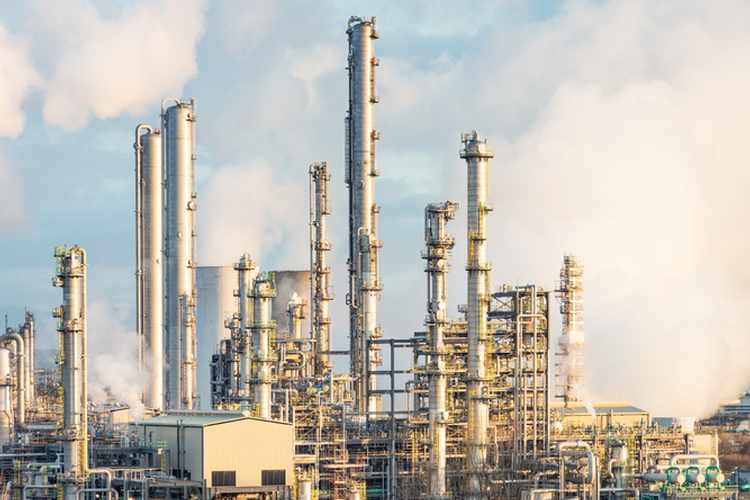

You will learn how to incorporate the fundamentals of each refining process and refinery configurations from simple to highly complex.
CDGA attendance certificate will be issued to all attendees completing a minimum of 75% of the total course duration.
| Code | Date | Venue | Fees | Register |
|---|---|---|---|---|
| PE188-01 | 30-03-2026 | Istanbul | USD 5950 | |
| PE188-02 | 07-06-2026 | Dubai | USD 5450 | |
| PE188-03 | 06-09-2026 | Muscat | USD 5450 | |
| PE188-04 | 06-12-2026 | Manama | USD 5450 |

This Production Planning & Scheduling in Petroleum Refineries training course is specifically designed to identify and resolve issues of production planning and scheduling in petroleum refineries that ...

This two part seminar program was designed to serve as a guide to understanding the petrochemical industry. Part one of the seminar program focuses on one of the core building blocks of the petrochem ...
Providing services with a high quality that are satisfying the requirements
Appling the specifications and legalizations to ensure the quality of service.
Best utilization of resources for continually improving the business activities.
CDGA keen to selects highly technical instructors based on professional field experience
Since CDGA was established, it considered a training partner for world class oil & gas institution
3012, Block 3, 30 Euro Business Park, Little Island, Co. Cork, T45 V220, Ireland
Mon to Fri 09:00 AM to 06:00 PM
Contact Us anytime!
Request Info